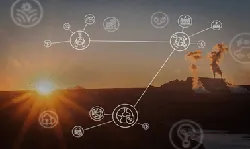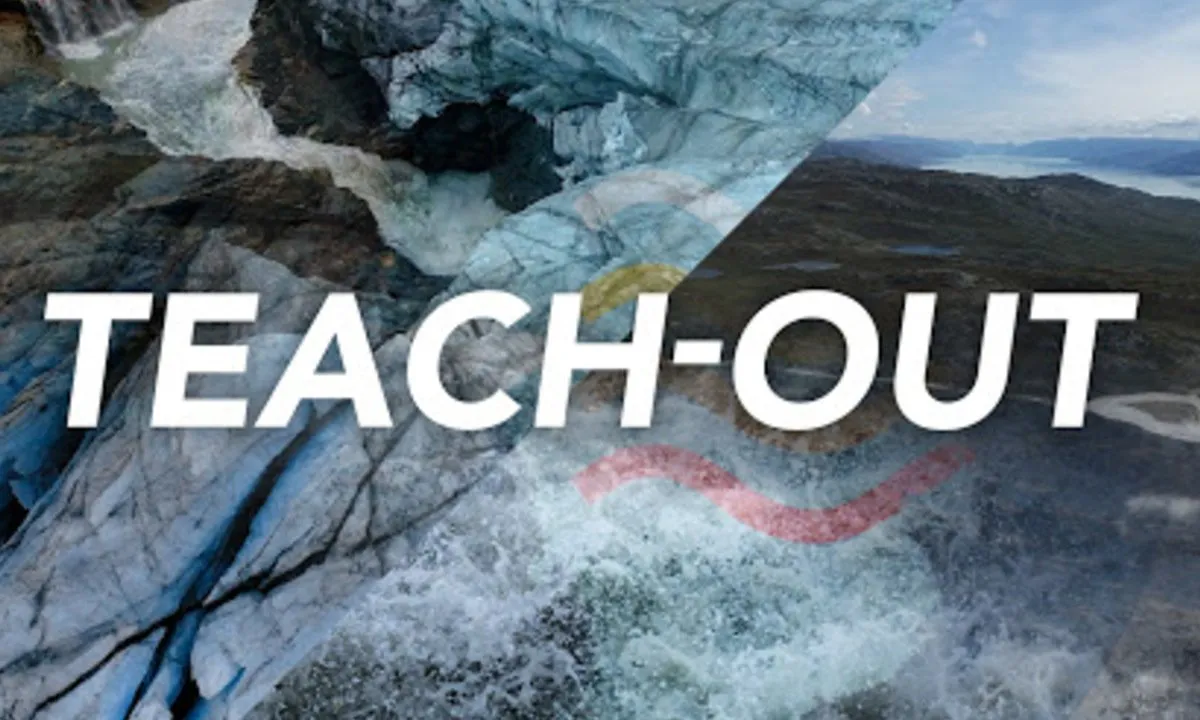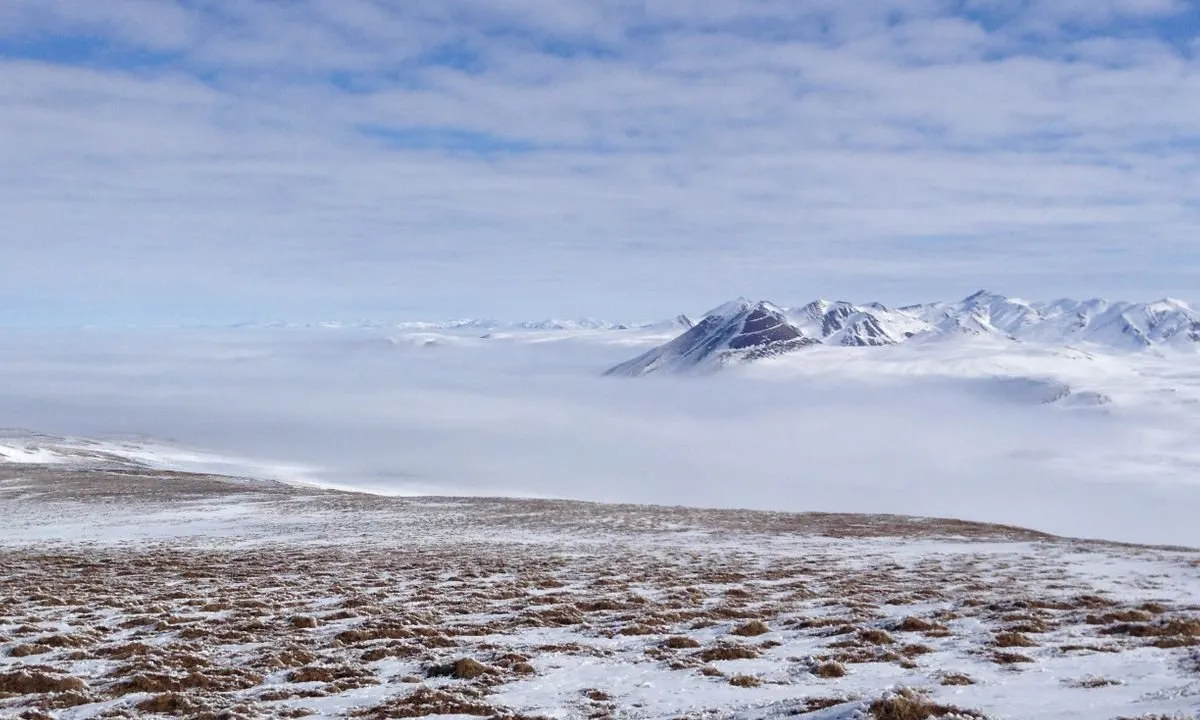
Macroeconomics of Climate Change: Science Economics and Policies 
Enroll now to gain a comprehensive understanding of the macroeconomic implications of climate change and the policies needed to address them. ▼
ADVERTISEMENT
Course Feature
![]() Cost:
Cost:
Free
![]() Provider:
Provider:
Edx
![]() Certificate:
Certificate:
Paid Certification
![]() Language:
Language:
English
![]() Start Date:
Start Date:
Self paced
Course Overview
❗The content presented here is sourced directly from Edx platform. For comprehensive course details, including enrollment information, simply click on the 'Go to class' link on our website.
Updated in [June 30th, 2023]
The Macroeconomics of Climate Change: Science Economics and Policies course provides an overview of the science and economics of climate change, the framework for global climate action, and how the IMF engages on climate change issues. Participants will gain an understanding of the physical science of climate change, the economic costs and benefits of climate change, and the policy options available to address climate change. The course will also cover the IMF’s role in climate change, including its work on climate-related fiscal policies, climate-related financial sector policies, and climate-related macroeconomic policies. Upon completion of the course, participants will have a better understanding of the science and economics of climate change and the policy options available to address it.
[Applications]
The application of this course is to provide a better understanding of the science and economics behind climate change, the framework for global climate action, and how the IMF engages on climate change issues. It is suggested that participants use this knowledge to develop strategies to address climate change and its impacts, as well as to inform policy decisions. Additionally, participants are encouraged to apply the concepts and tools learned in this course to their own work and research.
[Career Path]
Recommended Career Path:
Climate Change Economist: Climate change economists analyze the economic impacts of climate change and develop strategies to mitigate and adapt to its effects. They use economic models to assess the costs and benefits of different climate change policies, and advise governments and businesses on how to best respond to climate change. Climate change economists also work to develop new economic instruments to incentivize climate-friendly behavior.
Development Trend: As the effects of climate change become more pronounced, the demand for climate change economists is expected to increase. Governments and businesses are increasingly recognizing the need to develop strategies to mitigate and adapt to climate change, and climate change economists are essential to this process. As a result, climate change economists are expected to play an increasingly important role in the global economy in the coming years.
[Education Path]
The recommended educational path for learners of this course is to pursue a degree in Environmental Economics. This degree focuses on the economic aspects of environmental issues, such as climate change, and provides students with the skills and knowledge to analyze and evaluate the economic impacts of environmental policies. Students will learn how to use economic models to assess the costs and benefits of environmental policies, as well as how to develop and implement strategies to reduce environmental damage.
The development trend of this degree is to focus on the intersection of economics and environmental science. This includes topics such as the economics of renewable energy, the economics of climate change, and the economics of sustainable development. Students will also learn about the economic implications of environmental policies, such as carbon taxes and emissions trading schemes. Additionally, students will gain an understanding of the economic impacts of climate change, such as the costs of adaptation and mitigation. Finally, students will learn how to use economic models to assess the costs and benefits of environmental policies.
Course Provider

Provider Edx's Stats at AZClass
Discussion and Reviews
0.0 (Based on 0 reviews)
Explore Similar Online Courses

The Korean Alphabet: An Introduction to Hangeul

Serverless Data Processing with Dataflow: Develop Pipelines

Python for Informatics: Exploring Information

Social Network Analysis

Introduction to Systematic Review and Meta-Analysis

The Analytics Edge

DCO042 - Python For Informatics

Causal Diagrams: Draw Your Assumptions Before Your Conclusions

Whole genome sequencing of bacterial genomes - tools and applications

Melting Ice Rising Seas Teach-Out

Planning with Climate Change in Mind


Start your review of Macroeconomics of Climate Change: Science Economics and Policies